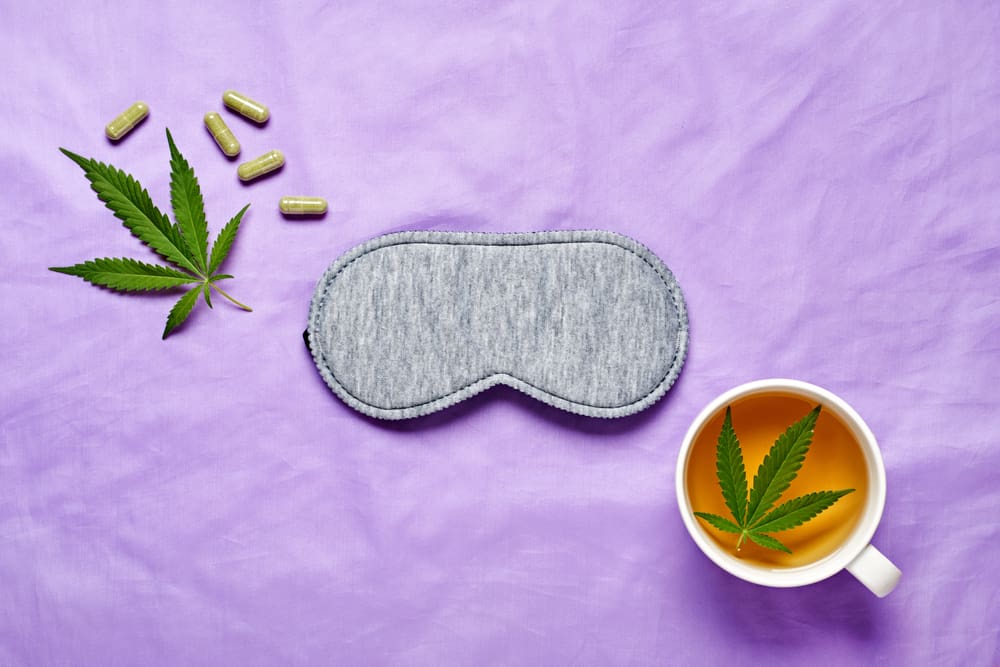Sleep is essential for maintaining optimal physical and mental health, yet countless people struggle with sleep disorders and insomnia. As a result, many individuals are turning to natural remedies in search of a good night’s rest. CBD (cannabidiol), a non-psychoactive compound derived from the hemp plant, has emerged as a potential aid for sleep disorders. In this article, we’ll explore the science behind CBD’s potential effects on sleep and how it might help you achieve a more restful night.
CBD has gained widespread attention for its potential therapeutic benefits, including its potential to alleviate anxiety, reduce inflammation, and promote overall wellness. These properties have led researchers to investigate CBD’s potential as a natural sleep aid. While research on CBD and sleep is still in its early stages, preliminary findings suggest that CBD may help improve sleep quality and duration for some individuals.
One potential mechanism by which cannabidiol may promote sleep is through its interaction with the body’s endocannabinoid system (ECS). The ECS plays a crucial role in regulating various physiological processes, including sleep. Research has shown that cannabidiol may help regulate the sleep-wake cycle by interacting with ECS receptors, potentially promoting a more balanced and restful sleep pattern.
Another way CBD may help improve sleep is by reducing anxiety, a common contributor to sleep disturbances. Numerous studies have shown that CBD may have anxiolytic (anxiety-reducing) properties, potentially helping individuals relax and fall asleep more easily. Additionally, cannabidiol may alleviate symptoms of stress and anxiety by modulating the levels of certain neurotransmitters, such as serotonin and GABA.
CBD may also help improve sleep by addressing pain and inflammation, common culprits behind disrupted sleep. Research has shown that CBD may possess potent anti-inflammatory and analgesic properties, potentially helping individuals with chronic pain or inflammation achieve more restful, uninterrupted sleep.
To explore CBD’s potential benefits for sleep, consider incorporating a high-quality CBD oil or CBD-infused sleep aid into your bedtime routine. Start with a low dose (5-10mg) and gradually increase it until you find the optimal dosage for your unique needs. Keep in mind that cannabidiol may affect individuals differently, and it may take some experimentation to determine the best approach for you.
It’s also essential to consider other factors that can impact sleep quality, such as maintaining a consistent sleep schedule, creating a relaxing bedtime environment, and minimizing exposure to screens before bedtime. Incorporating CBD into a holistic approach to sleep hygiene may provide the best results for those struggling with sleep disorders or insomnia.
In conclusion, cannabidiol shows promise as a natural sleep aid with the potential to improve sleep quality and duration for some individuals. By interacting with the endocannabinoid system, reducing anxiety, and addressing pain and inflammation, cannabidiol may help promote a more restful night’s sleep. As with any supplement, it’s essential to consult with a healthcare professional before starting a CBD regimen and to approach cannabidiol as one component of a comprehensive approach to sleep hygiene.







